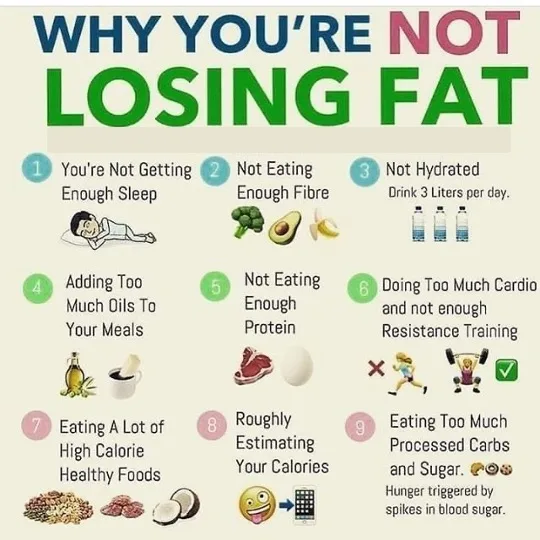Losing weight through dieting can be a challenging yet rewarding journey. While it’s essential to approach weight loss with a holistic perspective—incorporating exercise, lifestyle changes and healthy habits—your diet plays a pivotal role in achieving your weight loss goals. Here’s a comprehensive guide to help you navigate the realm of dieting for weight loss effectively:
Understanding the Basics of Dieting:
Caloric Deficit:
Weight loss fundamentally boils down to consuming fewer calories than your body expends. This is known as a caloric deficit. Calculate your maintenance calories using online calculators and aim to consume 500-1000 calories less per day for a sustainable weight loss of 1-2 pounds per week.
Balanced Diet:
Opt for a balanced diet rich in whole foods—vegetables, fruits, lean proteins, healthy fats and complex carbohydrates. These provide essential nutrients, keep you satiated and aid in weight loss. It includes diverse range of food to meet nutritional requirements.
Portion Control:
Mindful eating and portion control are key. Use smaller plates, measure portions and avoid mindless eating to prevent overconsumption. This involves being mindful of portions to regulate caloric intake without restricting food choices.
Practical Steps:

Meal Planning and Preparation:
Plan your meals in advance to ensure they’re nutritionally balanced and aligned with your caloric goals. It is better to make weekly plan for meals and prepare meals at home. Preparing meals at home allows you to control ingredients and portion sizes.
Focus on Nutrient-Dense Foods:
Emphasize whole, nutrient-dense foods. Fill your plate with colorful vegetables, lean proteins (like chicken, fish, legumes), whole grains (oats, wheat, corn) and healthy fats (avocado, nuts, olive oil).
Limit Processed Foods and Sugars:
Minimize processed foods, Bakery products, sugary drinks and snacks high in added sugars. These are often calorie-dense and lacking in nutritional value, causing weight gain.
Hydration is Key:
Drink plenty of water throughout the day. Hydration is helpful in food digestion. Sometimes, thirst can be mistaken for hunger, leading to unnecessary snacking.
Mindful Eating Practices:
Mindful eating is the most helpful approach to gain maximum benefits of dieting. Slow down while eating, savour each bite and listen to your body’s hunger cues. Avoid distractions like TV or screens while eating to prevent overeating.
Snack Smart:
Choose healthy snacks like fruits, nuts, yogurt or veggies with hummus. These options keep you full between meals without excessive calories.
Additional Tips:

Regular Exercise:
Combine your dieting process with regular physical activity. Exercise helps burn calories, boosts metabolism, improve blood circulation and promotes overall well-being.
See Also How Walking helps in Weight Loss
Consistency and Patience:
Sustainable weight loss is a time taking process. Be patient and consistent with your dieting and lifestyle changes. Small, gradual changes are more likely to be maintained long-term to get effective results.
Get Adequate Sleep:
Lack of sleep can disrupt hormone levels related to appetite control, leading to cravings and overeating. Don’t become a night owl, try to make habit of sleeping early. Aim for 7-9 hours of quality sleep each night.
Seek Professional Guidance:
Human body needs nutritional requirement that differ for person to person depending upon many factors including age, weight, height and eating habits. Consider consulting a registered dietitian or nutritionist for personalized guidance tailored to your specific needs and health conditions.
Mindset Matters:
Cultivate a positive mindset. Focus on progressive goal rather than perfection and celebrate small victories along the way.
Final Thoughts:
Remember, there is no one-size-fits-all approach to weight loss through dieting. Experiment, find what works best for you and create a sustainable lifestyle rather than following a short-term restrictive diet. Building healthy habits around eating, exercising and self-care will not only aid in weight loss but also improve overall well-being.
For more related news Click Here.

